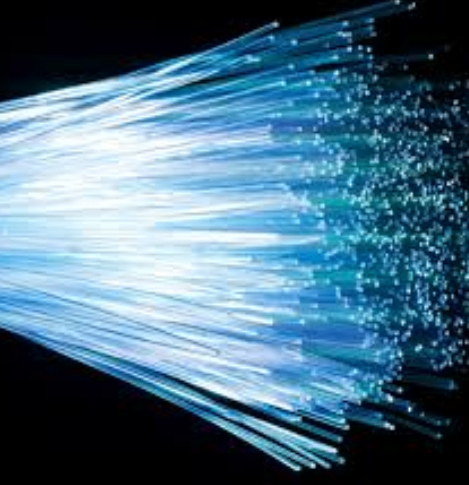Oufu Optical Fiber Cable Co.,Ltd
Address: Shenyang, Liaoning, China
Contact person: Manager Zhang
Phone: 400-964-1314
Mobile phone: +86 13904053308
【whatsapp && wechat】
2024-11-19 3166

Keyword: Optical fiber cable for audio
1. Benefits of Optical Fiber Audio Cables
Optical fiber audio cables offer several advantages over traditional copper-based cables:
Minimal Signal Loss: Optical fibers transmit sound signals using light, which travels faster and with less loss than electrical signals in copper cables.
Immunity to Interference: Optical cables are not affected by electromagnetic interference, ensuring a cleaner and clearer sound.
Longer Distances: Optical fibers can transmit signals over longer distances without degradation, making them ideal for large-scale audio systems.
Durability: Optical cables are made of sturdy materials that resist wear and tear, providing a longer lifespan.
2. Types of Optical Fiber Audio Cables
When shopping for optical fiber audio cables, you'll encounter several types, each designed for specific applications:
Toslink Cables: The most common type of optical audio cable, Toslink cables are widely used in home theaters, AV receivers, and soundbars.
Digital Audio Cables: These cables are specifically designed for digital audio equipment, such as CD/DVD players and digital audio processors.
Custom Cables: Many manufacturers offer custom-length and custom-terminated optical audio cables to fit specific needs.
www.adsscable.cn
3. Applications of Optical Fiber Audio Cables
Optical fiber audio cables are versatile and can be used in various audio applications:
Home Theater Systems: Connect your AV receiver to your speakers and soundbar for immersive surround sound.
Professional Audio Systems: Utilize optical cables in recording studios, live sound setups, and other professional audio environments.
Gaming and Virtual Reality: Enhance your gaming and VR experience with low-latency audio transmission.
Streaming Audio: Ensure high-fidelity sound when streaming music or audio content from online services.www.adsscable.cn
4. Choosing the Right Optical Fiber Audio Cable
When selecting an optical fiber audio cable, consider the following factors:
Length: Choose a cable length that suits your setup without unnecessary slack.
Connectors: Ensure the connectors on the cable match the inputs and outputs of your audio equipment.
Brand and Quality: Opt for reputable brands with a history of producing high-quality cables.
Warranty and Customer Support: Look for a manufacturer that offers a warranty and reliable customer support.
www.adsscable.cn
5. Maintenance and Care of Optical Fiber Audio Cables
To keep your optical fiber audio cables in optimal condition, follow these maintenance tips:
Handle With Care: Avoid bending or twisting the cables excessively.
Clean Connectors: Regularly clean the connectors with a dry, lint-free cloth to remove dust and debris.
Store Properly: Keep the cables in a cool, dry place away from direct sunlight and extreme temperatures.
Conclusion
Optical fiber audio cables are an essential component of any high-fidelity audio setup. By understanding the benefits, types, and applications of these cables, you can make an informed decision that enhances your audio experience. Whether you're setting up a home theater, a professional recording studio, or simply looking to improve your streaming audio quality, optical fiber audio cables are a wise investment.
Keywords: optical fiber cable, audio cable, toslink cable, high-fidelity sound, signal loss, interference, durability, home theater, professional audio, gaming, virtual reality, streaming audio.